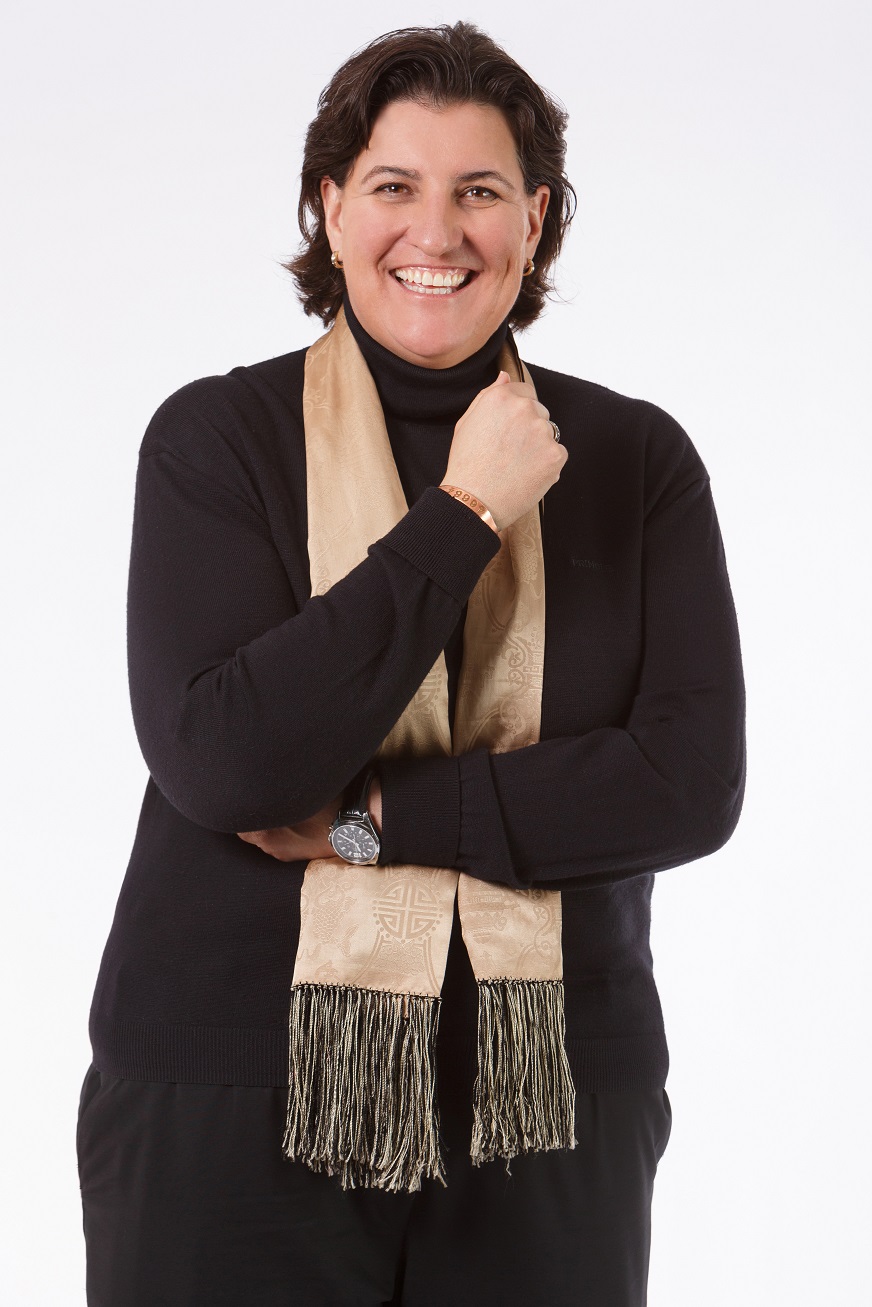
The world of saving and investing can be daunting and if one looks at the current savings rate in South Africa, the perceived complexity may prevent people from starting this vital part of their financial wellness journey as early as they need to. FNB data shows that only 21.8% of customers have more than one week’s worth of emergency savings available, which is well short of the recommended 3 months’ worth of emergency savings.
We believe in integrated advice, which includes ensuring that you have the right banking setup, credit for the right purpose (including wealth creation), and risk cover, but the focus of this article is ensuring that you have the right savings and investments for the right purposes. So, let’s look at some of the most common types of saving and investment vehicles available to help you begin your journey to financial wellness.
Cash Investments: These are normally savings accounts that are available via your bank. There are a variety of options available here, from accounts with immediate access, to those that need notice to access the funds. With a cash investment, the money grows by earning interest on the amount saved. This is a safe type of savings as there is no exposure to the market and no volatility to your investment. The downside is that the returns tend to be lower over the longer term as there is no exposure to growth type assets, so the risk is under performing inflation in the long run. This is a great option for short-term saving and for an emergency fund. Depending on the type of product that you choose, you can save from literally R1 per month and in most instances the capital is guaranteed.
Unit trusts: This is a type of investment product that provides you with easy access to financial markets. Each unit trust is split into equal portions called units. When you invest in a unit trust, you buy units which belong to you until you decide to sell them. Your money is combined with that of other investors who have bought units in that trust. This type of investment allows the investor to get access to a wider range of asset classes such as bonds, property, shares, money markets or a combination of those asset classes. For the monthly contribution or the lump sum contribution, the investor gets a certain number of units, as the underlying investments go up or down, so does the unit price. The manager will charge a small fee for the management for the fund. There is risk attached to these unit trusts, but with exposure to the growth assets the chance of outperforming inflation is better. These types of investments are great for medium-to-long-term investing as there are exposure to growth type assets and the minimum contributions can start from as little as R300 per month.
Share investing: With share investing one invests directly into a company that is listed, be it locally or internationally or via an Exchange Traded Fund (ETF) which can provide a diversified approach to a broad spectrum of asset classes and industries. This is a great way to start your share investing journey. Investing in the stock market is best suited for longer term investment goals and not for short term goals as one can experience high volatility in returns in the short run which is not ideal for the short-term investor. The old adage of it is “time in the market, not timing the market” is important to keep in mind. The returns are made up of capital growth (the share price goes up) as well as dividend payments. Starting your share investing journey is easy with FNB Shares Zero and you can start from as little as R10 with no monthly account fee.
So how does one start the journey to saving and investing:
1) Look at your budget
This will be the first step to see where you can free up cash that can be directed to saving for an emergency or a longer-term investment. Use tools such as FNB Smart Budget on App to see where your money is going and what the moves are you can do to free up cash. Also be deliberate about savings, include saving and investing as part of the needs in your budget. Prioritise saving and investing before the nice to haves like eating out and treats.
2) Redirect the freed-up cash flow
Use the cashflow that you have freed up towards an account for emergency savings. This will normally be a cash investment or bank account. The great thing with this is that it can start with as little as R1. For emergency savings, look specifically for an account that you can access the funds quickly or within 7 days. You can automate these savings by adding a scheduled transfer from your bank account into the savings account every month. A nifty feature to save regularly is Bank Your Change where you can select an amount to round up after every transaction and direct this to your savings account, helping you save easily.
3) Think long term
It is important that you match your investment horizon to the type of fund or solution that you are choosing. In the short term the biggest threat to your investment is volatility, in the long term the biggest threat to your wealth creation journey is inflation. For the longer term, you want to ensure that your investments aim to outperform inflation and exposure to
growth assets is the way to do it. With options that start from as little as R300 per month, there is a solution for all goals.
4) Categorise your investments into timelines
Investing 0-2 years; mainly consider cash and money market investments and include your emergency savings here. You can also use this in for goals such as saving for stationery and school fees for next year or a holiday.
2 – 7 years have exposure to some growth assets such as shares and property as well as some defensive assets like cash and bonds. A good option here will be a unit trust that has exposure to these types of assets. Typical goals that can fit into this space would be education or saving for a house deposit. 7+ years this is truly long-term investing and exposure to proper growth assets is important, so shares and property. Unit trusts is an option as well as direct share investing. This would ideally be for retirement and long-term wealth creation.
5) Avoid the too good to be true investment scheme
If a solution promises you returns that are beyond reasonable and seems too good to be true it is best to stay clear of them. Consistent saving and investing is what will pay off in the long run. Also, when investing rather stick to reputable investment companies or authorised Financial Service Providers.
6) Start Early
When starting your investment and wealth creation journey the earlier you start the better, even if it is just with small amounts. By starting earlier, you will get the benefits of compounding interest and returns, which could add up to significant amounts in the long run.
Starting the journey to investing does not need to be daunting or overwhelming. The important thing is that you start on the journey, first by building up an emergency fund and then look toward longer-term investing. Use the tools that are available to you such as Savings goal on the FNB App or the various investing options that are available to you via FNB.
Ester Ochse, Product Head: FNB Money Management she writes in her personal capacity as an FNB employee.


